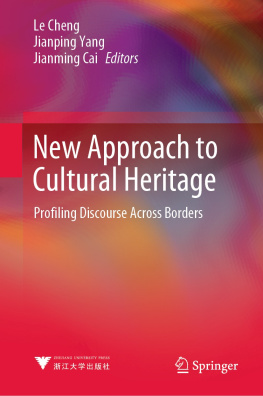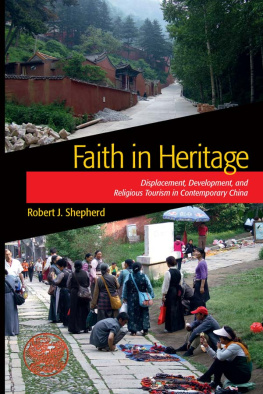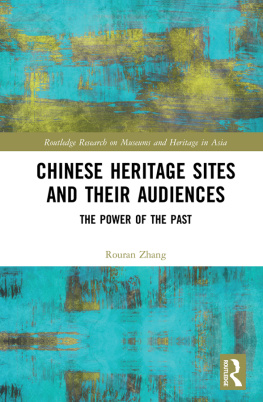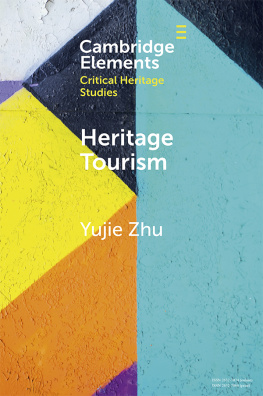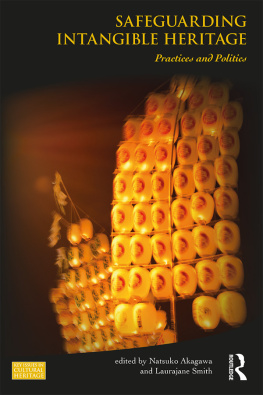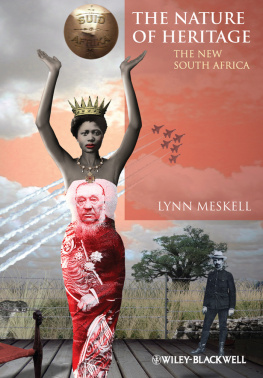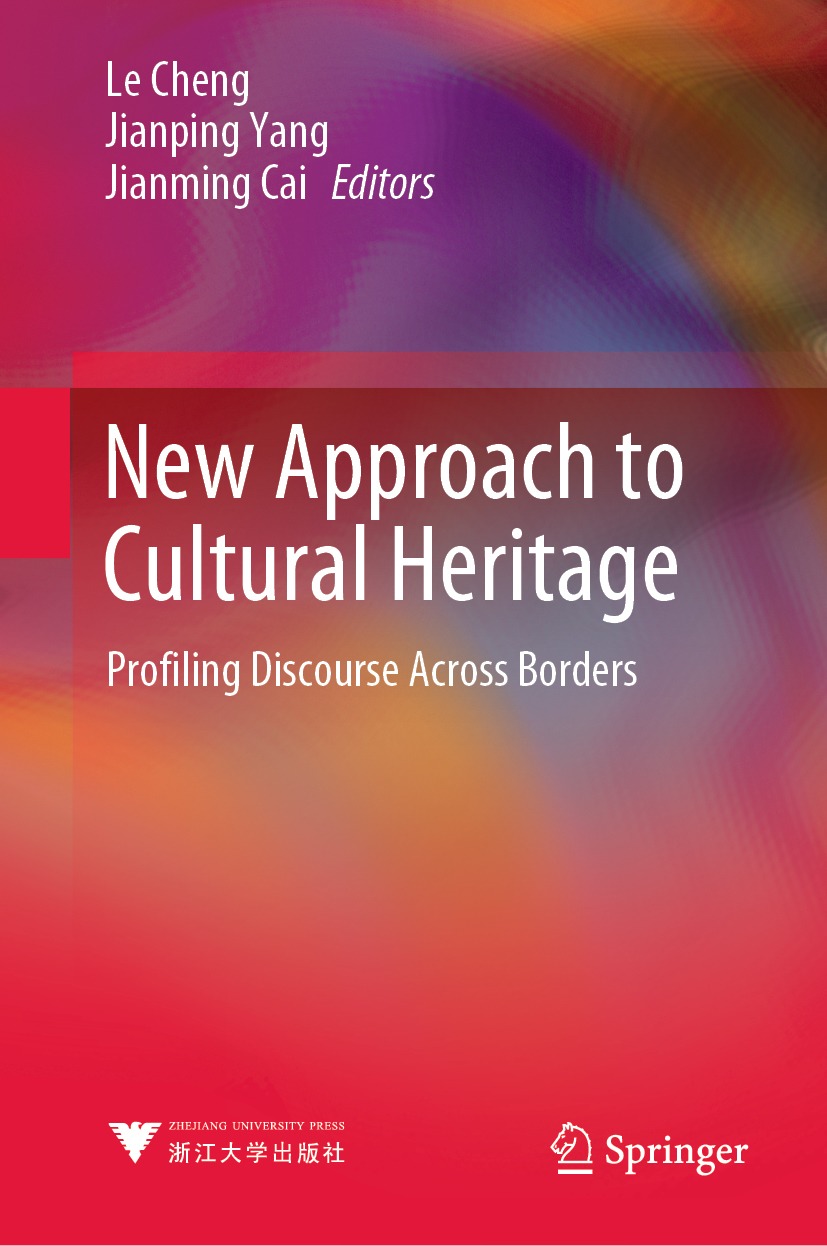Editors
Le Cheng
Zhejiang University, Hangzhou, China
Jianping Yang
Zhejiang University, Hangzhou, China
Jianming Cai
Chinese Academy of Sciences, Beijing, China
ISBN 978-981-16-5224-0 e-ISBN 978-981-16-5225-7
https://doi.org/10.1007/978-981-16-5225-7
Jointly published with Zhejiang University Press
The print edition is not for sale in China (Mainland). Customers from China (Mainland) please order the print book from: Zhejiang University Press.
Zhejiang University Press 2021
This work is subject to copyright. All rights are solely and exclusively licensed by the Publisher, whether the whole or part of the material is concerned, specifically the rights of reprinting, reuse of illustrations, recitation, broadcasting, reproduction on microfilms or in any other physical way, and transmission or information storage and retrieval, electronic adaptation, computer software, or by similar or dissimilar methodology now known or hereafter developed.
The use of general descriptive names, registered names, trademarks, service marks, etc. in this publication does not imply, even in the absence of a specific statement, that such names are exempt from the relevant protective laws and regulations and therefore free for general use.
The publishers, the authors, and the editors are safe to assume that the advice and information in this book are believed to be true and accurate at the date of publication. Neither the publishers nor the authors or the editors give a warranty, express or implied, with respect to the material contained herein or for any errors or omissions that may have been made. The publishers remain neutral with regard to jurisdictional claims in published maps and institutional affiliations.
This Springer imprint is published by the registered company Springer Nature Singapore Pte Ltd.
The registered company address is: 152 Beach Road, #21-01/04 Gateway East, Singapore 189721, Singapore
Preface
The global rise of heritage studies and heritage industry in recent decades has been a story of crossing frontiers and transcending boundaries. The 2018 Association of Critical Heritage Studies (ACHS) Conference thus takes borders as a broadly defined, yet key, concept for better understanding how heritage is valued, preserved, politicized, mobilized, financed, planned and destroyed. Thinking through borders raises questions about theories of heritage, its methodologies of research and where its boundaries lie with tourism, urban development, post-disaster recovery, collective identities, climate change, memory or violent conflict. Held in the city of Hangzhou, China, Heritage Across Borders has connected international participants with local issues, and in so doing opened up debates about the ruralurban, eastwest, tangibleintangible and other familiar divides.
Since it was formed in the early 2010s, ACHS has held three conferences in Gteborg (Sweden, 2012), Canberra (Australia, 2014) and Montreal (Canada, 2016) with the number of participants growing. As the largest conference of its kind in Asia, the fourth edition attracted over 460 participants from different disciplines.
The 2018 ACHS Conference features one public speech delivered by Prof. Michael Herzfeld from Hartford University and five keynote speeches from: Prof. David J. Bodenhamer at Indiana UniversityPurdue University Indianapolis; Prof. Jianming Cai at Chinese Academy of Sciences; Prof. Le Cheng at Zhejiang University; Prof. Nelson H. Graburn at University of California, Berkeley; and Prof. Michael Rowlands at University College London.
The conference program has held sessions and panel discussions on the following topics:
Historical Approaches to Heritage in/from East Asia
Heritage, Cultural Contestation and Government
The Distributed Materiality of the Heritage of Migration
Conservation of Private Gardens and Urban Futures
Heritage Across Borders. Semiotic Strategies of Global Diasporas
Conceptualizing Urban/Rural Heritage Connections
Across the Ditch: Advancing a Future for Critical Heritage Studies in Australia and New Zealand
Borders Between Tangible and Intangible Museum Practice
Toolkits Across Borders: Assembling MethodsFutures for Critical Heritage Studies
Design and Participative Methodologies for Heritage: Exploring the Notion of Borders Through Dialogic Digital Design Methods
Heritage as Competitive Internationalism
Heritage as Political Strategies? World Heritage Listing and Management in the Asia-Pacific Region
Memorializing Movement: Celebrating Flows in an Age of Fixity
Cultural Heritage Initiatives for Social Inclusion/Against Social Exclusion
Downsizing Modernity: Heritage in Industrial Settings
Contestations of HeritageFormation in a Postsecular Age
Occupation Heritage
Cross-border Reworking on Difficult Memories and Places in Asia
Bounded and Loose: Encountering and Transgressing the Conceptual Borders Between Planned and Unplanned Spaces of Heritage
Atomic Heritage Goes Critical
Museum Objects and Knowledge Across Borders
The Europeanization of Realms of Memory and the Invention of a Common European Heritage
Multiplicity and Polyphony of Cultural Heritage: Narrative, Visual and Vocal Ways of Representing Heritage
What does Heritage Mean in/for Pakistan? The South Asian Career of a Global Concept
The Global Intangible Cultural Heritage Regime and the Politics of Community Participation in China
Heritage and Religion in Asia
Preservation of Boundary Resources: Languages and Cultural Heritages of Overlapping Communities
Crossing Borders: From (Colonial) Heritage to Museum Exhibit. Challenging the Appropriation, Presentation and Communication of Difficult Heritage
The Unsafe Museum: Negotiating Difficult Heritage
Crossing Borders with Heritage Festivals
Interweaving Cultures: Tangible and Intangible Heritage and Cultural Diversity
Borders of Expertise and Professionalization
Socialist Heritage Around the World: A Heritage Without Borders?
Participatory Heritage and Civil Society
Histories of Urban Heritage: Emotional and Experiential Attachments Across Time and Space
Minority Arts and Heritage: Border Work and Contact Zones
How Emergent Forms of Heritage Reconfigure the Discursive/Material Divide
Conceptual Histories of Heritage

